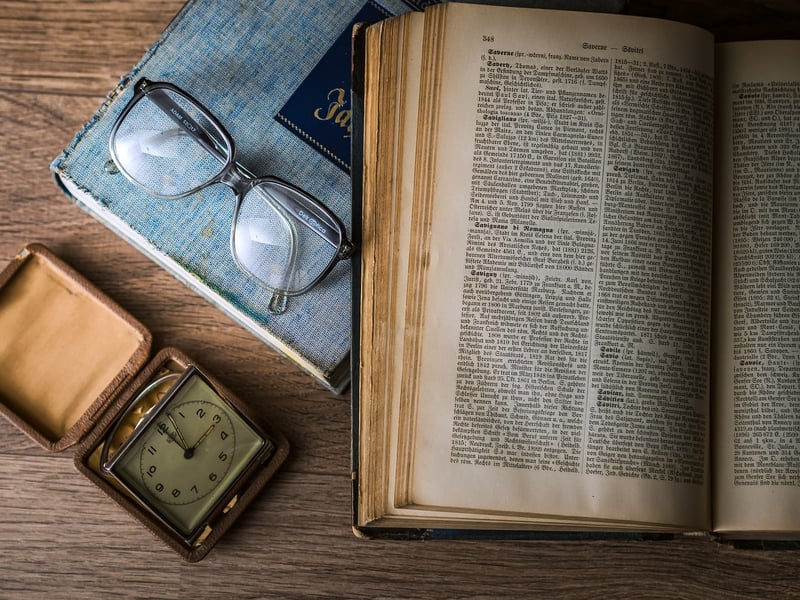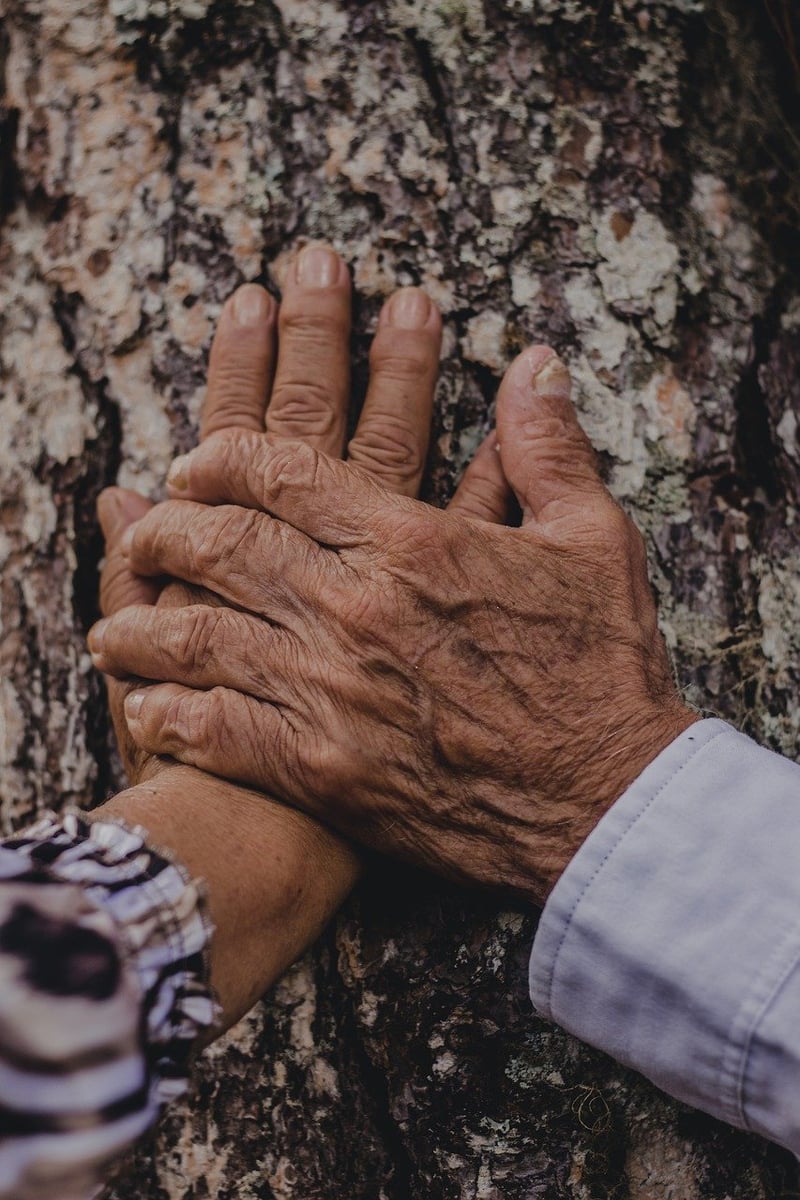Altering History Debate
The Role of Moral Considerations in the Altering History Debate
In the realm of historical discourse, the topic of altering history often sparks intense debate among scholars, ethicists, and the general public. The concept of altering history raises profound questions about the ethical implications and moral considerations associated with changing past events or narratives. This article delves into the complexities surrounding this debate and explores the role of moral considerations in shaping our understanding of history.
The Power of Historical Narratives
History serves as a crucial lens through which we interpret the past, understand the present, and shape the future. Historical narratives not only provide us with a record of events but also influence our collective memory, identity, and sense of justice. As such, the act of altering historical records or narratives has far-reaching consequences that can impact how we perceive ourselves and others.
Historical Accuracy vs. Moral Imperatives
One of the key dilemmas in the altering history debate is the tension between historical accuracy and moral imperatives. While historical accuracy is essential for preserving the truth of past events, moral imperatives compel us to reconsider narratives that may perpetuate harm, injustice, or misinformation. Balancing these competing interests requires careful consideration of the ethical implications involved.
Revisiting History Through a Moral Lens
Examining history through a moral lens involves critically evaluating past actions, decisions, and narratives in light of ethical principles and values. This approach allows us to reassess historical events from a more nuanced perspective, taking into account the impact on marginalized communities, the legacy of systemic injustice, and the need for reconciliation and healing.
The Role of Memory and Trauma
Memory and trauma play a significant role in shaping our understanding of history and influencing our perspectives on altering historical narratives. Acknowledging and addressing historical trauma is essential for promoting healing, reconciliation, and social cohesion. By confronting painful aspects of the past and recognizing the voices of those who have been marginalized or silenced, we can work towards a more inclusive and just historical narrative.
Conclusion
As we navigate the complex terrain of the altering history debate, it is essential to consider the profound impact of moral considerations on our understanding of the past. By engaging in thoughtful dialogue, promoting historical accuracy, and upholding ethical principles, we can strive to create a more just and inclusive historical narrative that reflects the diverse experiences and voices of humanity.

For further reading on this topic, you may find the following resources helpful:
